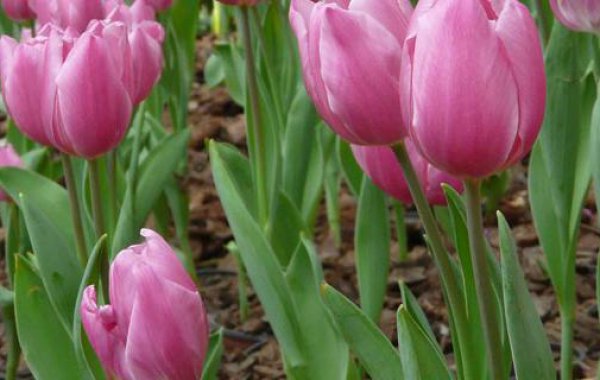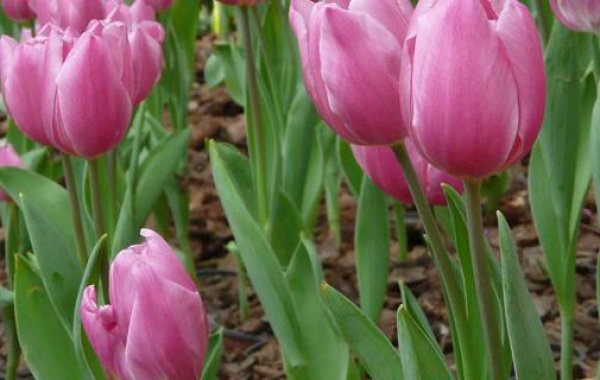How to manage flowers planted in the ground?
The management standard of ground-planted flowers is exuberant growth, luxuriant branches and leaves, bright colors, novel and beautiful patterns, three-dimensional and artistic sense.
1. Growth potential
The growth potential is good, the flowering rate is high, the florescence is consistent, the flower size and color should be consistent with the biological characteristics of the variety, the flower distribution is uniform, the flower color is pure, the crown width is neat, not less than 20cm, no missing branches and fallen leaves, normal leaf color, harmonious and beautiful growth, free of diseases and insect pests, bruises, bruises, chilling injuries, water stains, drug injuries, burns, spots, fading, lodging, overgrowth.
2. Pruning and finishing
When the flowers and inflorescences are in full bloom, the flowers should be removed in time, and the unsightly leaves and branches should also be pruned in time so as not to affect the ornamental effect.
3. Weeds and loose soil
There must be frequent weeds, and there should be no weeds that are significantly higher than those planted in the ground; when loosening the soil, pay attention to protect the root system, try not to hurt the root, the root system can not be exposed.
4. Irrigation and fertilization
Flowers planted in the ground should be irrigated and fertilized reasonably according to their growth and flowering characteristics. It should be watered at least once a day, and it should be watered thoroughly, and once in the morning and evening in the dry season; generally, organic fertilizer should be added as base fertilizer during flower change, and phosphorus and potassium fertilizer should be applied according to the actual situation, and extra-root topdressing can also be used. Chemical fertilizers and organic compounds
Fertilizers should be used alternately to prevent soil consolidation and fertility decline.
5. Replanting
The missing plants and decaying plants should be replanted in time. Varieties and specifications are consistent with the original varieties and specifications to ensure excellent landscape effect. Replanting should be carried out in accordance with planting norms, adequate application of base fertilizer and strengthening management measures such as watering and maintenance.
6. prevention and control of diseases and insect pests
Do a good job in the prevention and control of diseases and insect pests in time, according to the principle of giving priority to prevention and comprehensive control, early detection and early treatment. With the occurrence of diseases and insect pests, the seriously affected area shall be controlled below 8%, the use of highly toxic, highly toxic and highly residual pesticides prohibited by the state is strictly prohibited, and the use of biological pesticides is promoted.
Related
- What if the leaves of potted flowers turn yellow?
- Florescence Control of several Flowers
- Anti-freezing technology and post-freezing nursing technology of flowers
- What is the classification of flowers? What are the common methods of flower classification?
- Prevention and control of alkali and acid damage of flowers in courtyard
- Technology of Anti-freezing and restoring growth of Flower seedlings in greenhouse and greenhouse
- How does flower fertilization not hurt the root? Fertilization technology of flowers
- Key points of disinfection in flower greenhouse
- Several pesticides that are banned or used cautiously in flowers
- How to fertilize the flowers that watch the leaves?



